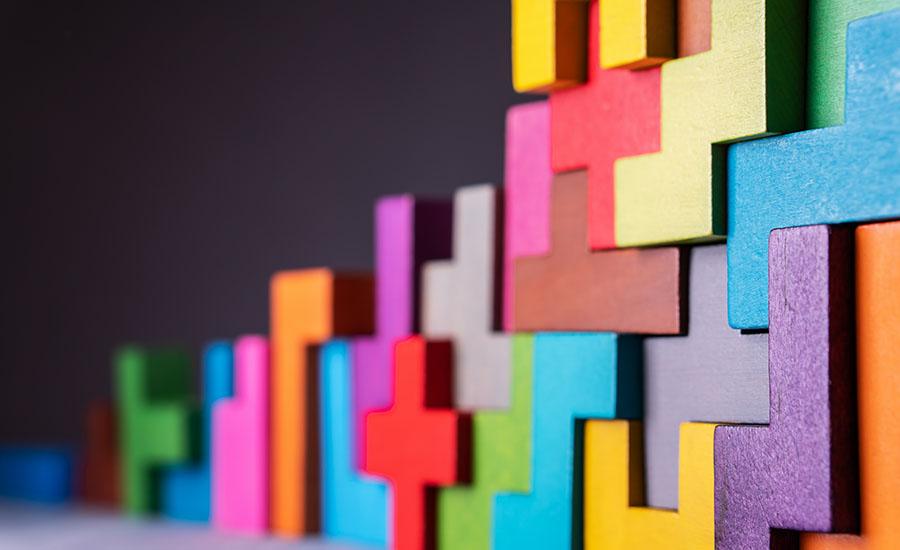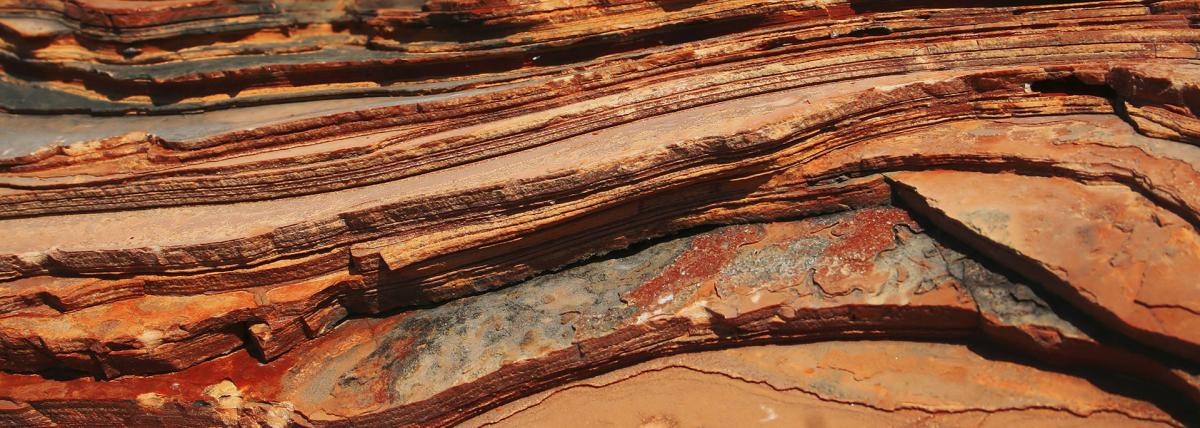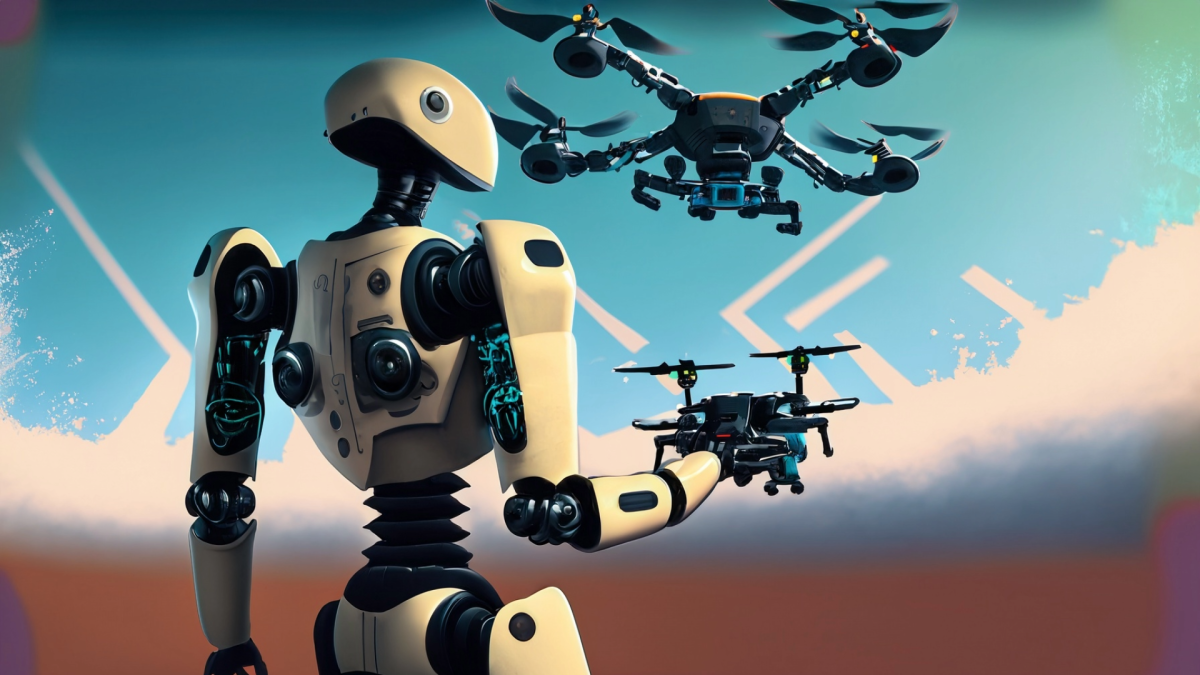
Grades:
6th Grade, 7th Grade, 8th Grade
This lesson integrates technology (microbits), engineering design, and career exploration for middle school students. It encourages hands-on learning and critical thinking through the creation of

Grades:
5th Grade, 6th Grade, 7th Grade, 8th Grade
Students use the engineering design process to plan, create, code, and share a unique, functioning illuminating e-textile sweater using a Circuit Playground Express (CPX).

Grades:
9th Grade, 10th Grade, 11th Grade, 12th Grade
In this lesson, students will explore the key physics principles that govern the design and operation of street lighting systems. Through a hands-on engineering design challenge, students will apply

Grades:
4th Grade
Students will act as scientists who are tasked with designing and modeling a new plant that has special adaptations to help it survive in an extreme environment!

Grades:
9th Grade, 10th Grade, 11th Grade, 12th Grade
Slow Sustainable Fashion T-Shirts combines art, design, math, and technology. Student will gain and understanding of sustainable slow fashion design by deconstructing a recycled printed t-shirt and

Grades:
6th Grade
Students will be designing a shade structure to fit a mini-raised garden bed in order to help it adapt to the increasing sunshine in summer.

Grades:
6th Grade
Students will track and collect data on the growth of micro-greens. They will also make a time lapse animation of the growth of the micro-greens.

Grades:
4th Grade
This 4th grade STEAM lesson focuses on introducing students to Earth's four systems: Hydrosphere, Geosphere, Atmosphere, and Biosphere (excluding the Lithosphere). Students will learn about the Greek

Grades:
9th Grade, 10th Grade, 11th Grade, 12th Grade
This lesson is a follow-up to the lesson titled "Creating Sustainable Solutions with Bioplastics Part 1". In this lesson, students evaluate different ingredients for bioplastics and create a minimum

Grades:
9th Grade, 10th Grade, 11th Grade, 12th Grade
In this lesson students evaluate the advantages and disadvantages of conventional, petroleum-based plastics, bioplastics, and their different varieties. The lesson is driven by class/group research

Grades:
5th Grade
Students will learn the basics of coding and robotics using EdBlocks programming language to create musical sequences with Edison robots. They will explore the concepts of rhythm, pitch, and tempo

Grades:
7th Grade, 8th Grade, 9th Grade, 10th Grade, 11th Grade, 12th Grade
The purpose of this project is to have students use their knowledge of series and parallel circuits to create an electronic greeting card or an electronic game. This lesson should be given after

Grades:
3rd Grade
In this lesson there will be several small activities; on the first day students sort seeds and describe the different characteristics of the seeds; as an introduction and to engage students. Students

Grades:
Kindergarten
This lesson provides the opportunity for kindergarten students to develop a mock oil spill and develop methods to help ocean life after an oil spill. Student will hypothesize methods that can

Grades:
6th Grade, 7th Grade, 8th Grade
This lesson shows how to use VEX IQ robots in your classroom. There are links to the VEX free resources that can be used to help new or experienced robotics teachers.

Grades:
10th Grade, 12th Grade
This lesson builds on the Part 1 of Urbanization Impacts in the HS Environmental Science classroom. In this lesson, students are utilizing their knowledge to create models of solutions to the

Grades:
6th Grade
In this lesson students apply their Medieval Times knowledge and energy transfer to create a knight that will compete in a jousting tournament using spheros. The students will use a solo cup as the

Grades:
7th Grade
In the lesson on upcycling empty water bottles, students will embark on an innovative and eco-friendly exploration of creative reuse, incorporating science, technology, engineering, and math (STEM)

Grades:
7th Grade
In the STEM Pine Cone Decoration lesson, students will embark on a creative and hands-on exploration of nature-inspired crafting, integrating science, technology, engineering, and math (STEM) concepts

Grades:
8th Grade, 9th Grade
In this lesson, students will embark on an investigative journey to explore the geological history of their local community. Through hands-on activities and research, students will analyze rock layers

Grades:
7th Grade, 8th Grade, 9th Grade, 10th Grade, 11th Grade, 12th Grade
In this lesson the students will develop the code they previously planned out and will deploy their code to the drone. They will continue the process of reflection and iterative improvement. This is

Grades:
7th Grade, 8th Grade, 9th Grade, 10th Grade, 11th Grade, 12th Grade
In this lesson students will think back on all of the coding skills they have learned and will plan out their code to fly their drone through their maze based on sensor feedback. It is important that

Grades:
4th Grade, 5th Grade, 6th Grade
This is the 4th lesson plan in a set of 4 lessons that correspond to the novel "Space Case" by Stuart Gibbs. In the last chapters of the book, we find that this main character encounters robotic arms

Grades:
9th Grade, 10th Grade, 11th Grade, 12th Grade
This is a lesson plan which draws importance to the ability of trees to carbon sequester in urban areas. As the world urbanizes more and more each day, it is important for our health to emphasize


